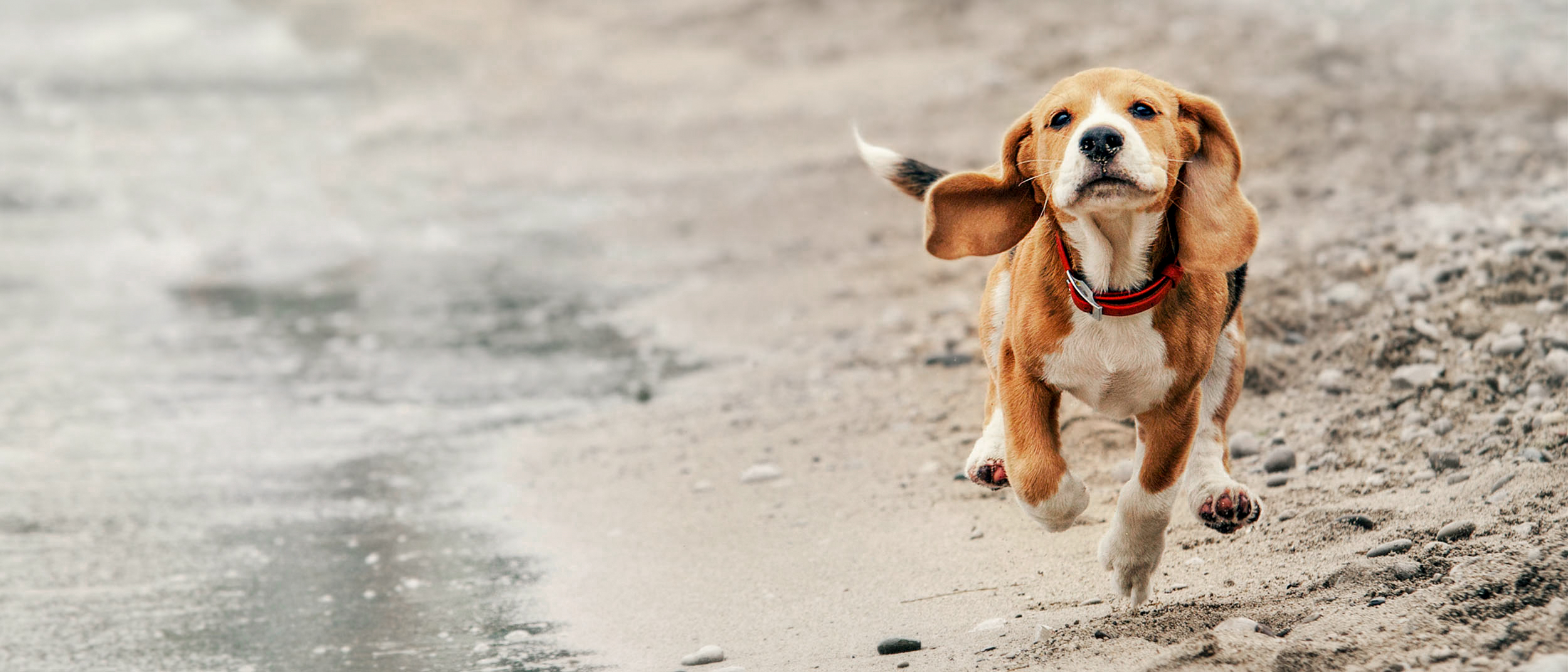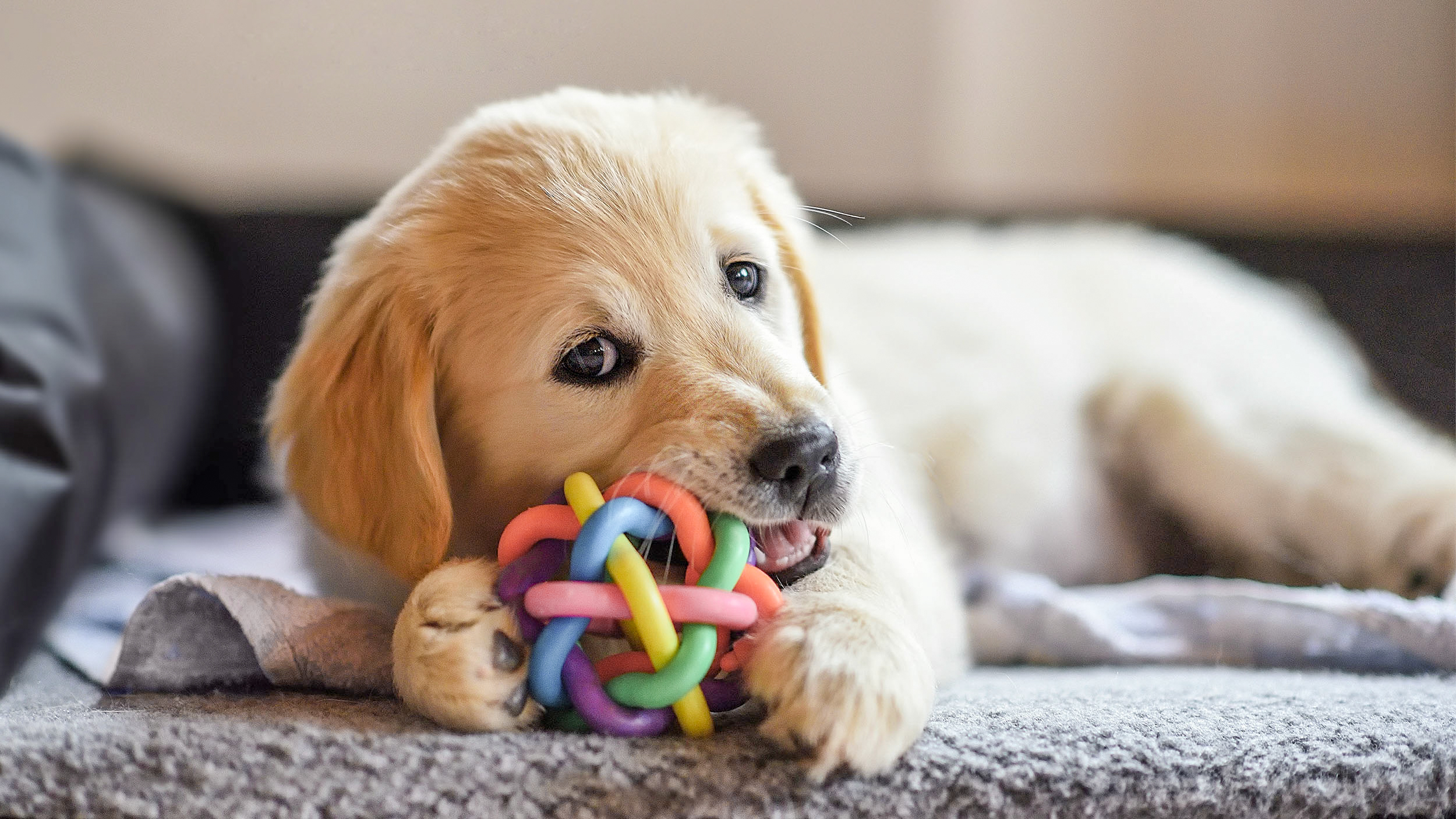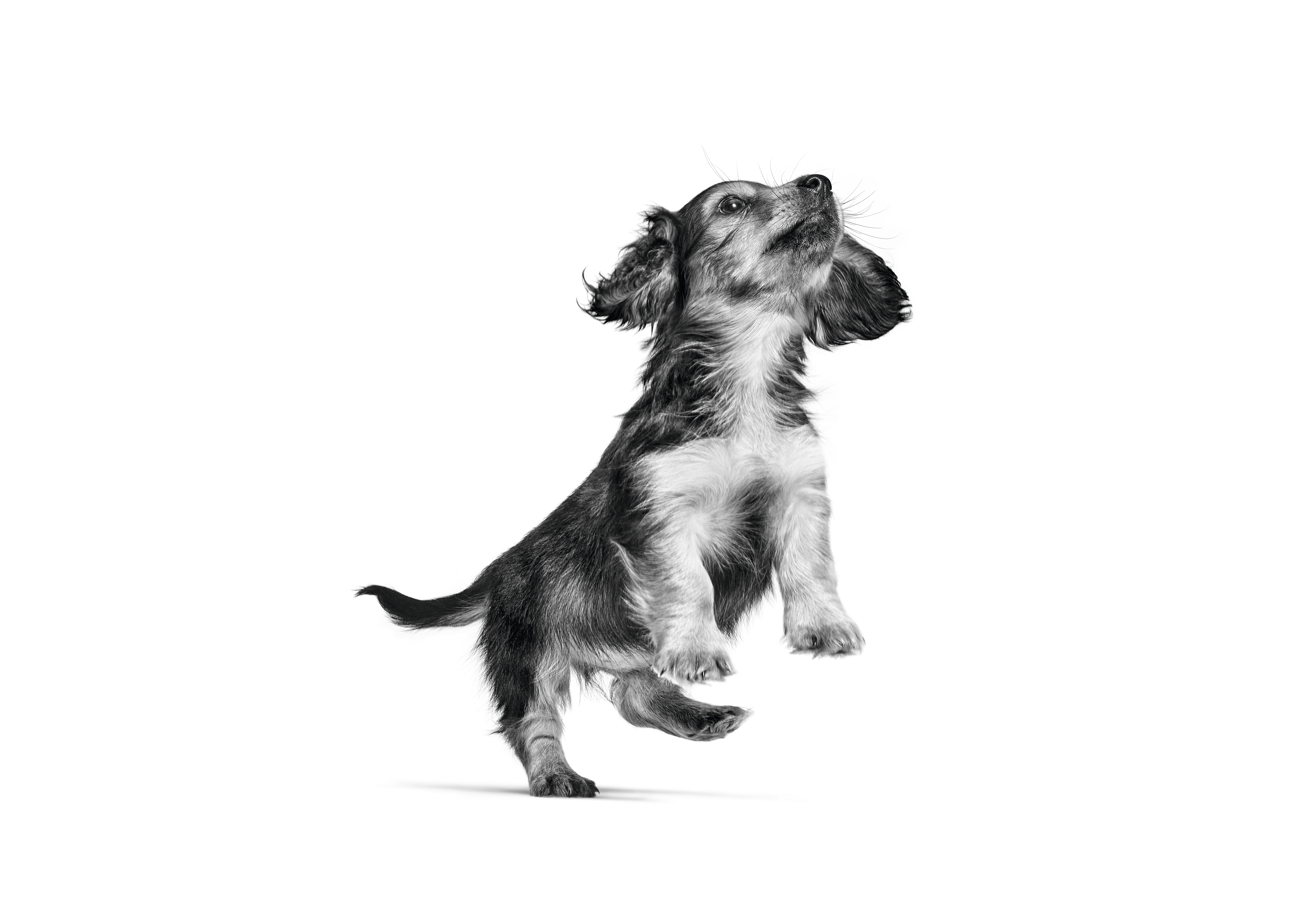
There are a number of factors that will influence your dog’s health and wellbeing needs, especially their breed and age. It is therefore important that everything from their nutritional requirements to exercise and grooming, are considered with their particular characteristics in mind. However, there are a number of things that all dogs need to ensure they are healthy and well adjusted members of the family.
Exercise
All dogs require exercise, but the amount and type varies with their age, size and breed.
- Make sure there is space to exercise: A dog's walks must not just be considered as time for a quick wee.
- Little and often: Remember, medium to giant dogs have longer growth periods during which their bones and joints develop, therefore they should not walk long distances or engage in certain sports until they are more grown up, instead opting for little and often.
- Make time to play: Playing is a natural part of a dog’s exercise and helps in their psychological development. It is good for your dog in several different ways: for you to spend time with them, to reinforce bonding, to control their weight, to maintain their vitality and to reinforce their cardiovascular and immune systems.
Environment
Puppies are very receptive to their environment, and negative experiences will have a lasting effect. The behavioural development of a puppy has several phases including the socialisation period, which starts from four weeks and goes up to 14 weeks.
The fear period lies within this socialisation period, so any trauma occurring during this time may have lasting, negative consequences. Therefore, it is important to pay careful attention to a puppy’s environmental experiences from day one.
- Give them their own bed: Make sure they have a bed of their own which they can retreat to and feel safe in.
- Provide stimulating surroundings: For example, a large cardboard box to hide in and rubber toys to chew are favourites. It's important to make sure all play sessions are supervised.
- Familiarise them with new surroundings gradually: If you live in a city you should gradually familiarise them with things they will have to face such as cars, escalators, elevators, trains, trams or buses.
- Train it to be alone: The puppy must also learn to stay alone sometimes.
- Introduce them to other dogs: To help with socialisation, puppies need to meet other dogs, other animals and be included as much as possible in family outings.
- Take them out: Don’t wait to take your puppy out. It must start exploring its surroundings as from the age of two months.

Learn more about dog breeds

Like & share this page